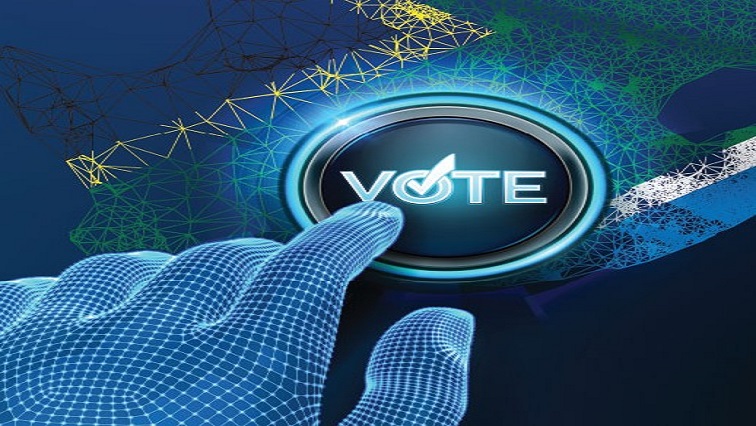-
The Independent Electoral Commission (IEC) will enhance voting efficiency and inclusivity.
The Independent Electoral Commission (IEC) says the introduction of electronic voting, or e-voting, in South Africa can enhance efficiency and inclusivity.
The SABC is pleased to announce the launch of the new self-registration platform. Vendors wishing to do business with the SABC can self-register on our internally developed platform.
Vendors are able to access this platform on our website: under eTenders… pic.twitter.com/hMdpSCSryS
— Channel Africa (@channelafrica1) August 14, 2025
[WATCH] The Independent Electoral Commission says the introduction of a new electoral system during last year’s general elections was seamless. This despite major electoral reforms to the Electoral Act. In order to defend against cyberattacks, IEC CEO Sy Mamabolo says they will… pic.twitter.com/33jYcQC68z
— SABC News (@SABCNews) July 15, 2025
IEC Head of Research, Thabo Rapoo, addressed stakeholders on the use of e-voting, in Bloemfontein.
Dr Rapoo says some machines used for E-voting will allow for people with disabilities, such as blindness and deafness, to cast their votes seamlessly.
[WATCH]
The role of technology in tackling South Africa’s growing voter apathy was highlighted yesterday as interviews for vacant positions at the IEC began in Midrand, Johannesburg. Zara Groenewald reports. pic.twitter.com/mEtdQoCJNS— SABC News (@SABCNews) July 22, 2025
Rapoo says as opposed to manual voting, e-voting will make it easier to cast and count votes, which will save time and ensure fair voting results.
“Everybody can access them, including people with disabilities. Some of the machines can be designed in such a way that people who are blind or people who are deaf can use the machines because some of them have audio functionalities, where if you’re blind, you can use headphones to hear. There are audio instructions. Those people who are blind, they can be optimised to use braille. They are also multilingual,” he says.
The IEC in the Free State says the introduction of electronic voting or e-voting has the possibility of increasing voter turnout, especially among young people.
Provincial Electoral Officer, Jabulani Tshabalala says the use of e-voting can be used to attract young people to visit the polls.
He says e-voting is more efficient and cost effective than manual voting, as it uses less paper, and this in turn can reduce costs.
“It could mean saving in the part of the budget, because we just spend once-off on the gadgets that are going to be used and then from then on it’s maintenance. They are reusable. It will also attract the youth because they tend to be technologically-savvy. They tend to do things digitally. So, if we introduce this kind of a system, it can be an advantage for them,” adds Tshabalala.
[WATCH] Electoral Commission Chairperson Mosotho Moepya says there’s a need to work together with stakeholders, including political parties, to attract young voters so they can participate in elections. Today, the IEC outlined its performance in the 2024 national elections before… pic.twitter.com/qRu2apl2nr
— SABC News (@SABCNews) July 15, 2025
RELATED VIDEO | Voter declines nudge IEC to explore e-voting











